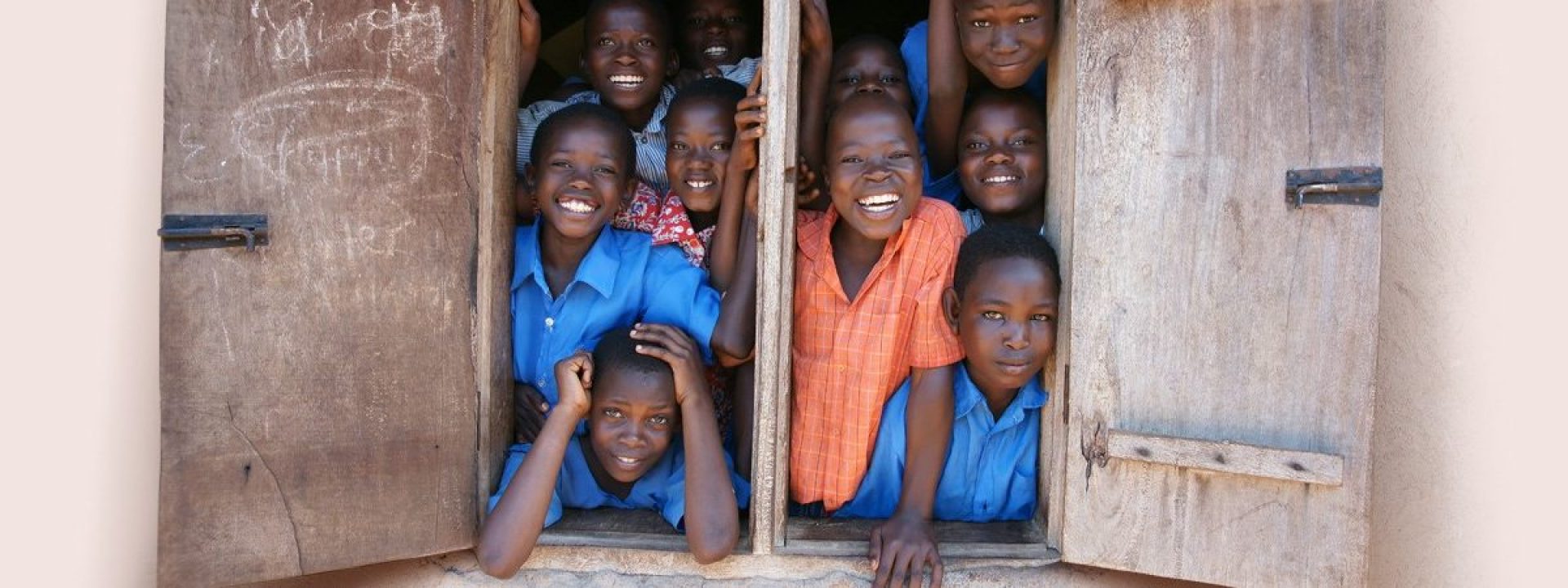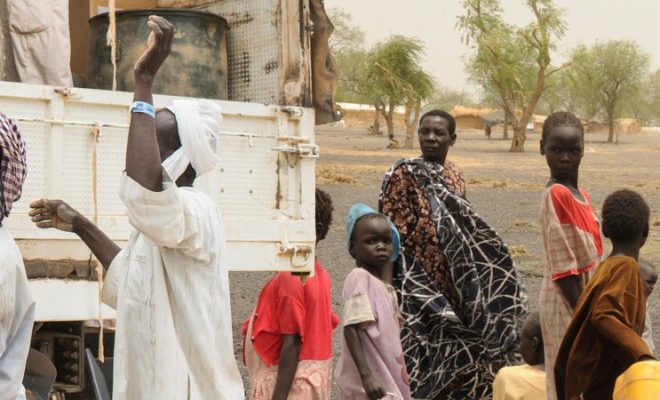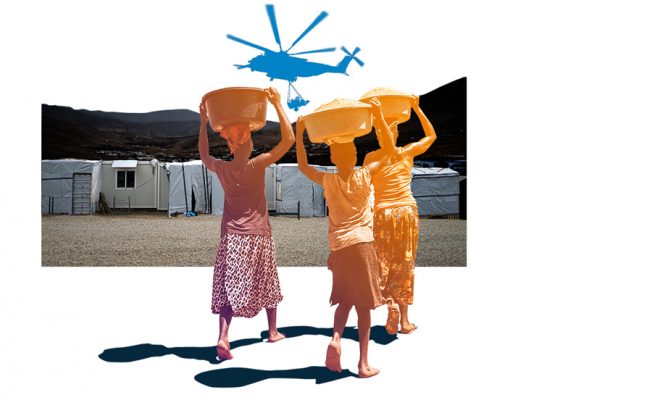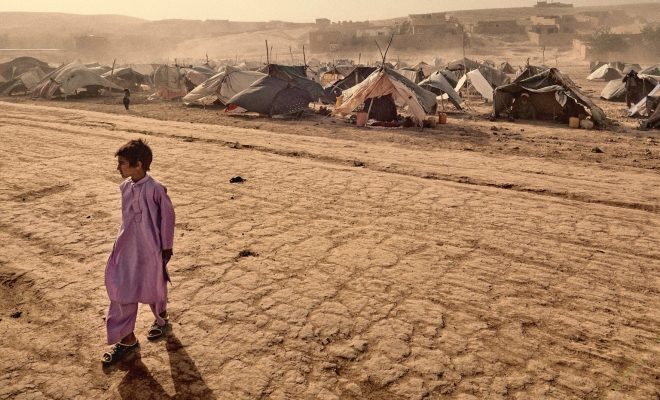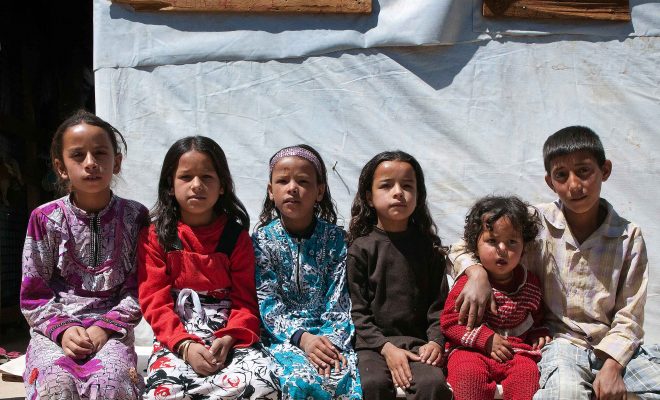
We have started a new project in a refugee camp, this time in southwestern Uganda, in the Kamwenge district, where according to UNHCR, almost 100,000 people live, primarily Congolese fleeing violence. In the Rwamwanja camp, we will provide access to water and hygiene for more than 5,000 displaced schoolchildren and their families.
The center is located in an area of approximately 127 km2 covering several small villages. A year ago, it was home to 82,926 people, mostly (82%) women and children. Most arrive fleeing violence in the Democratic Republic of Congo (DRC).
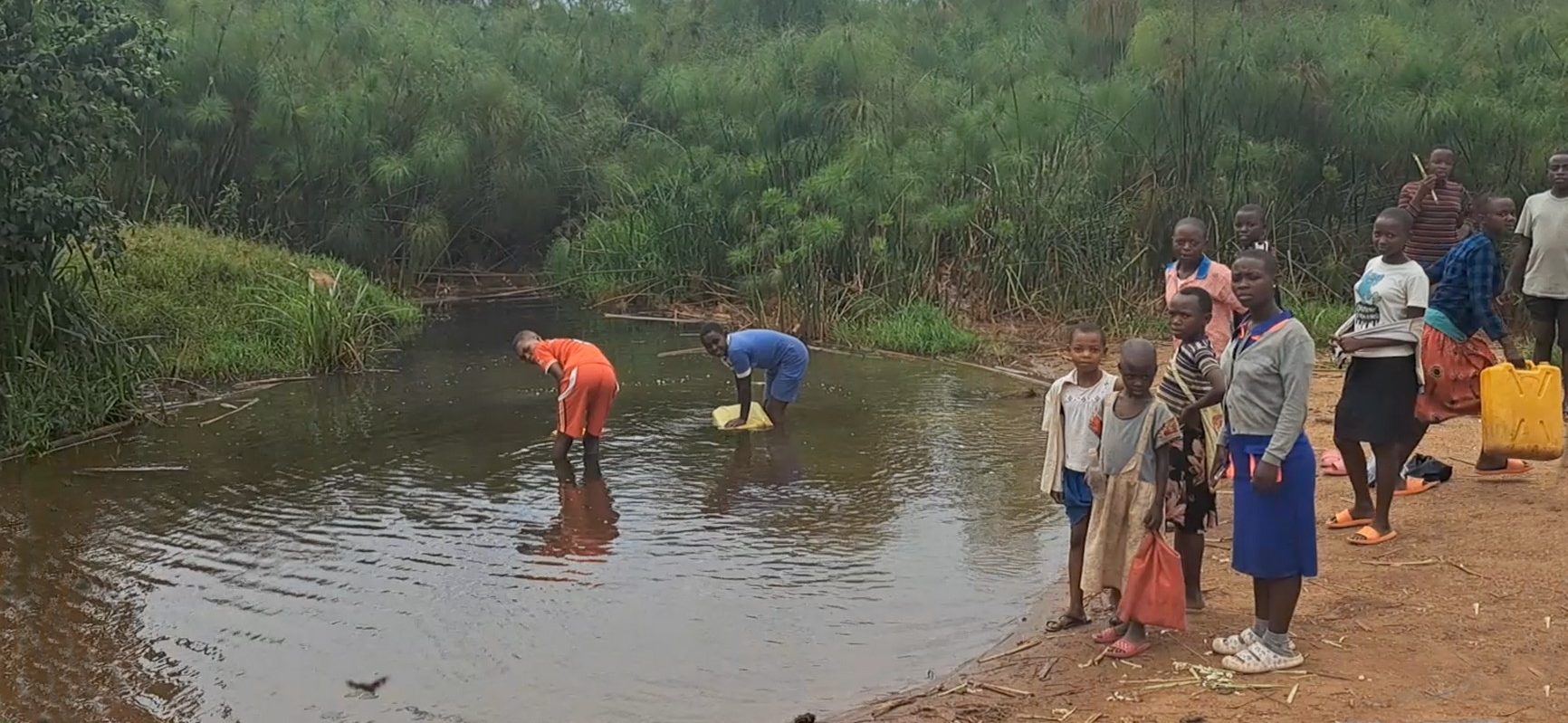
In Rwamwanja camp in Uganda, water and sanitation are inadequate and may jeopardize the future of thousands of families.
Refugees enter the camp having suffered the trauma of violence, often without belongings, food, or water. Most arrive after going through a bureaucratic process of several days, waiting in crowded conditions for permission from the government. When they enter the camp, they are given a free space, usually a small plot of land, about 20 square meters, a few wooden stakes, adobe, and a tarpaulin to build their hut. They receive food from humanitarian aid and have to fetch water from the supply points in the camp. These do not provide the minimum of 20 liters per person per day established by the WHO. The problems of lack of sanitation and hygiene go hand in hand.
Schooling after fleeing
The worst part of the drama is borne by school-age children, especially girls, who are particularly affected by the lack of safe water and sanitation facilities. According to UNHCR, almost half of the refugees are of school age, which shows the seriousness of the problem.
At our project’s Mahega Primary School, the available water points are more than two kilometers away from the school, and the springs are not safe as they are often contaminated. The only water source available to the school is a rainwater harvesting tank, which only mitigates the problem in the wet season.
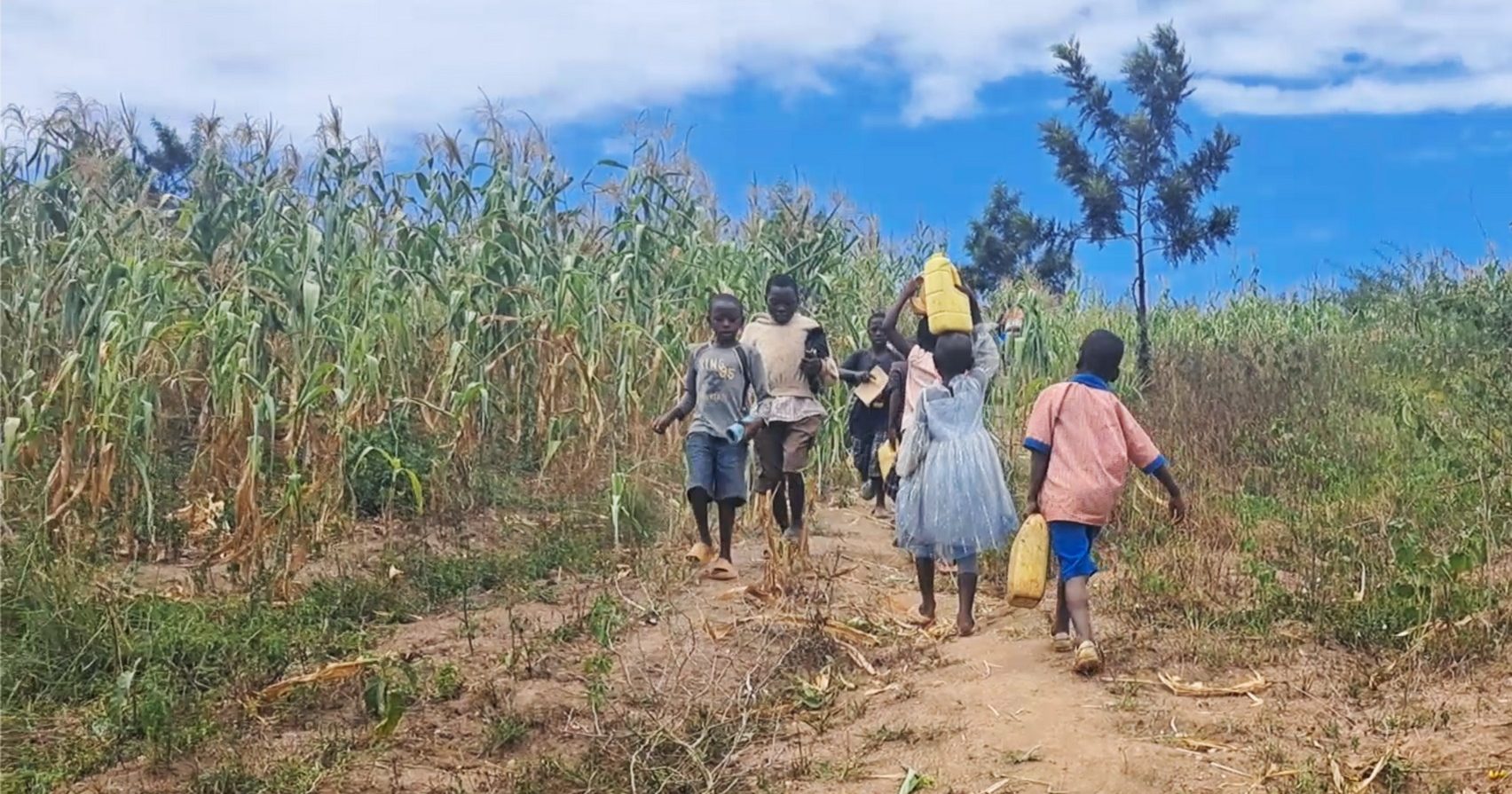
The worst part of the drama is borne by school-age children, especially girls, who are particularly affected by the lack of safe water and sanitation facilities.
For school-age children, the interruption of their education represents a dramatic obstacle to their future. In the case of the Congolese, whose education has been in French, the switch to Ugandan English is an added difficulty, so they need trained teaching staff to make their adaptation easier.
But the problem is not only academic. Refugees arrive anxious about the lack of prospects, malnutrition, and disease. They are fleeing from the silent war that plagues the DRC, the seizure of their homes and fields, rape, slavery, or the abduction of children to become soldiers.
The school provides these children with an education and represents a safe space after having experienced psychological trauma. UNHCR notes that 10% of these children arrive alone, separated from their families. Going to school gives children a routine and purpose in their daily lives and access to psychosocial support and child protection services.
Uganda, an overwhelmed host country
According to UNHCR, Uganda is home to 1.4 million refugees; it has one of the most generous reception models and is the third largest refugee-hosting country globally, only behind Turkey and Pakistan. Last June, there were more than 882,000 South Sudanese and almost 500,000 Congolese in Uganda, most of them in camps.
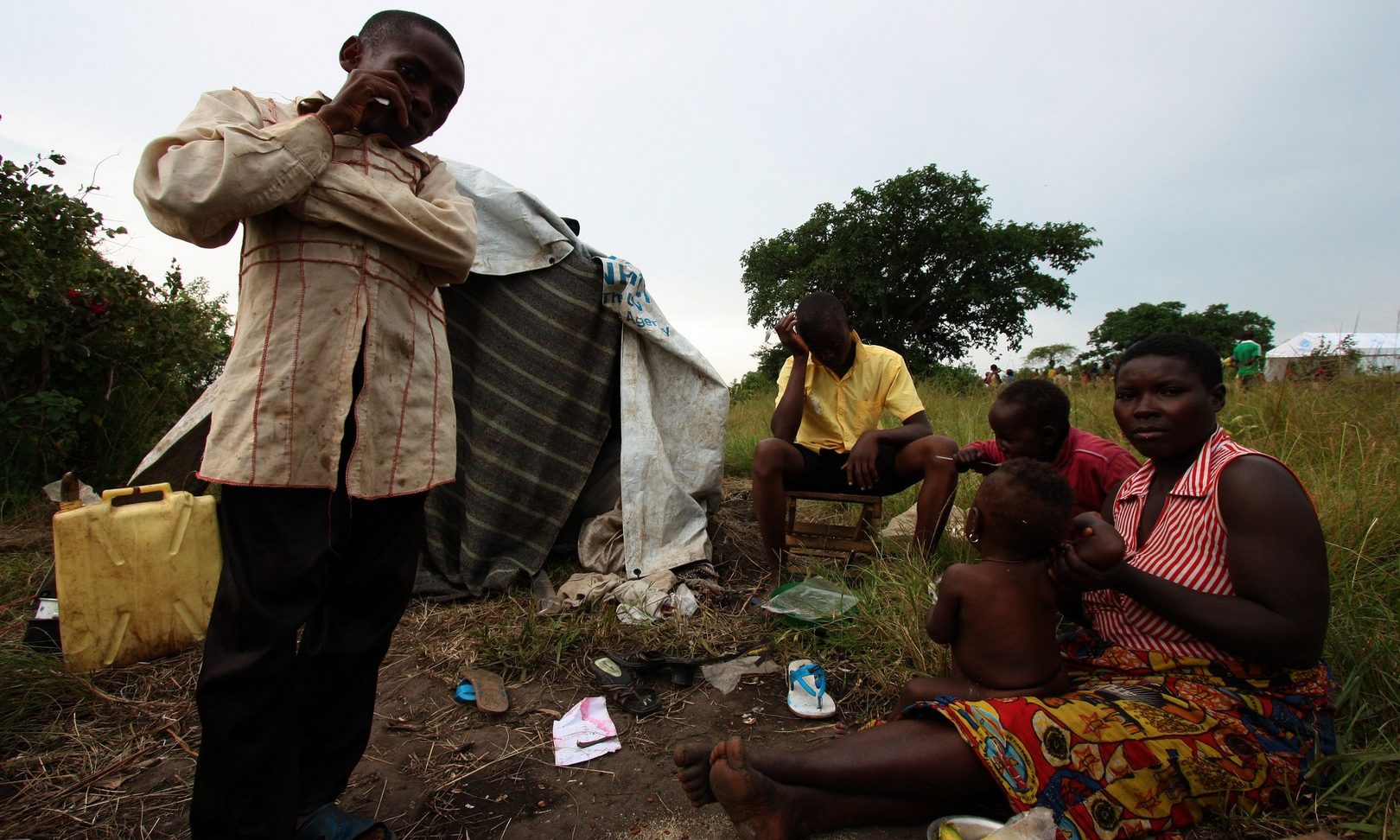
According to UNHCR, Uganda is home to 1.4 million refugees; it has one of the most generous reception models and is the third largest refugee-hosting country globally, only behind Turkey and Pakistan. © ©EU/ECHO/Martin Karimi
However, the government cannot absorb this constant migratory flow and acknowledges that corruption is a scourge. This year it admitted that more than $100 million in international donations had been fraudulently misappropriated and that much of the food and medicine from humanitarian aid does not reach its destination and ends up on the black market.
A tragedy that does not end
Last World Toilet Day, at the panel discussion “Sanitation in conflict” held at the Roca Madrid Gallery, we discussed the enormous magnitude of the problem faced by the refugees, which has no prospect of a short or medium-term solution. We have experienced it first hand at the Foundation: one of the first projects in which we collaborated with Intermón Oxfam was aimed not only at bringing water and sanitation to the refugee camps in Chad but also at fighting against the international oblivion of a human tragedy that seems to have no end.
This international drama is affected by the socio-economic context of the origin and host countries. The situation in the DRC is illustrated in the project in which we collaborate in the Nyabiheke refugee camp in Rwanda and shares the shame of the human drama of displaced Ukrainians in Romania and the Republic of Moldova.
The war in Syria showed the problems of integration of schoolchildren in southern Lebanon, a challenge faced by children who have had to flee. For those who have lost everything and do not know if they will ever be able to return, education is the best tool to find meaning in life, an essential vehicle either for their integration into their new world or for the reconstruction of their lost homes.


